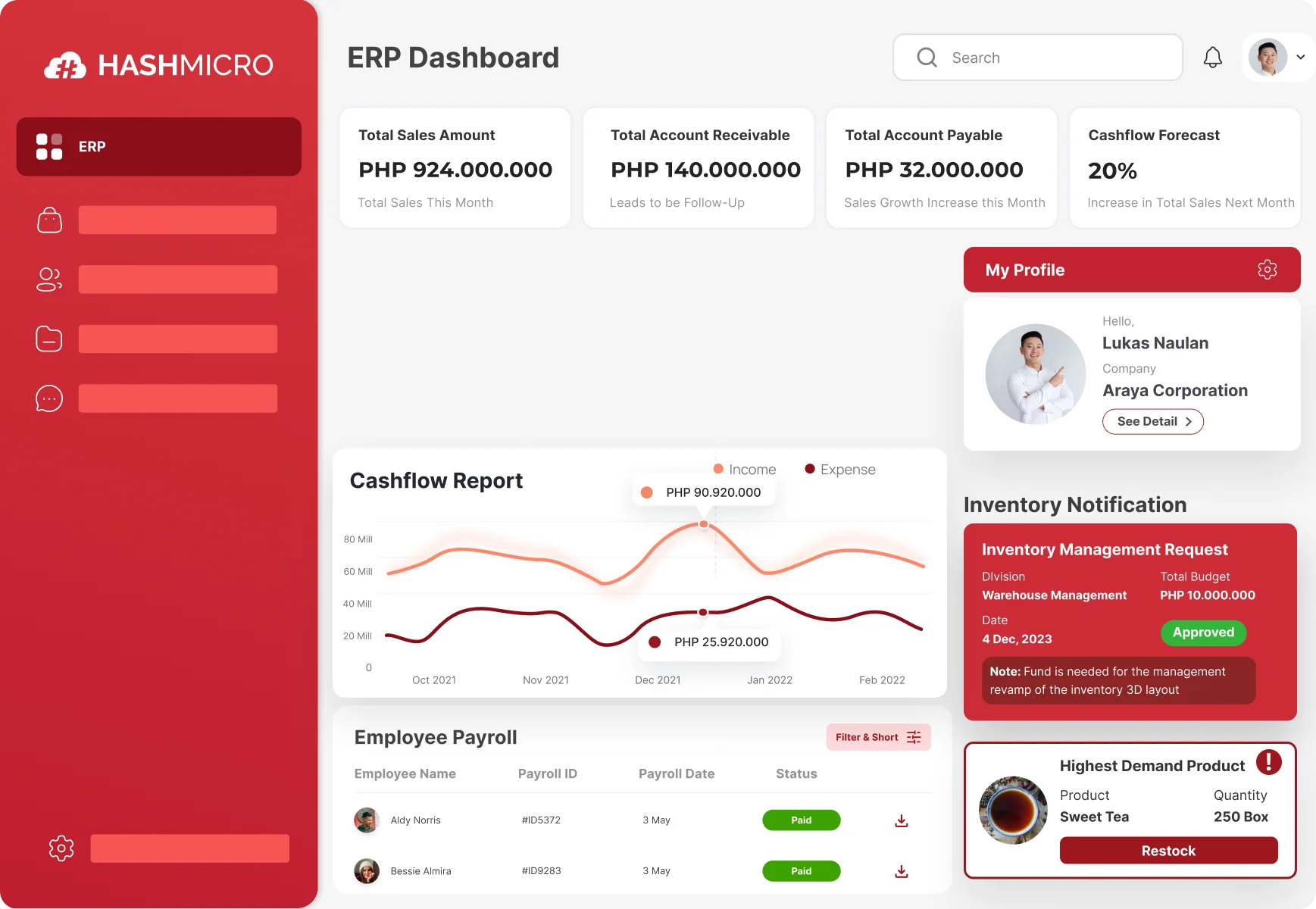Nais mo bang palaguin ang tiwala ng investors, pero ‘di ka sure kung sapat pa ba ang CSR strategy mo? Or maybe you’re wondering if ESG still matters, especially now that some companies are starting to avoid using the term altogether?
Although 90% of S&P 500 companies reported on ESG just a few years ago, recent patterns show a shift in how it’s communicated. In 2023, 40% of S&P 100 firms used “ESG” in report titles. By 2026, that dropped to just 6%, as more companies responded to public and political backlash.
But let’s be clear: while the name “ESG” is being used less, the practices behind it remain essential. CSR, once seen as interchangeable with ESG, is still a core part of how companies show responsibility. From emissions tracking to ethical labour and governance, both remain key to earning trust.
This article breaks down the difference between ESG and CSR, examines how the two work together, and explores whether ESG still has a place in your business strategy today.
Table of Contents
Key Takeaways
|
What is ESG?
Understanding ESG vs CSR starts with what ESG stands for: environmental, social, and governance. These three areas help define how a company delivers value not just to shareholders, but to people and the planet.
Environmental factors include emissions, energy use, waste management, and handling of natural resources. Social criteria focus on workplace safety, employee rights, customer relationships, and how companies support surrounding communities.
Governance involves leadership quality, board accountability, transparency, and fair business practices. Strong governance ensures that operations stay ethical and aligned with long-term goals.
Although some companies are stepping away from the ESG label in public reporting, many still follow its principles. The shift is more about language than intention, with terms like “impact” or “sustainability” now often used to describe the same goals.
What is CSR?
Corporate Social Responsibility (CSR) is a business approach that emphasizes the company’s duty to contribute positively to society. It focuses on creating social and environmental value alongside financial goals, often through community programs, donations, or ethical practices.
CSR initiatives can include reducing carbon footprints, supporting employee well-being, improving labor conditions, or partnering with local causes. The goal is to build trust by demonstrating that a business cares about people and the planet. This boosts public image and attracts customers, investors, and top talent.
To better understand what is the difference between ESG and CSR, it’s helpful to see CSR as a reflection of company values. ESG, on the other hand, is how those values are put into measurable action.
ESG vs CSR
If you’re asking, is CSR and ESG the same? The answer is no. Although ESG and CSR both focus on corporate responsibility, their intent, structure, and business impact are very different. The table below outlines the main points of comparison.
| Aspect | CSR | ESG |
| Focus | Voluntary programs and philanthropy | Integrated into business strategy and operations |
| Objective | Builds positive brand image and community relations | Drives long-term business value and meets investor expectations |
| Measurement | Hard to quantify and often self-regulated | Based on measurable indicators like emissions, diversity, and compliance |
| Integration | Treated as an add-on or side initiative | Embedded in core decision-making, risk management, and planning |
| Impact Scope | Short-term goodwill and public perception | Long-term reputation, financial performance, and sustainable growth |
While both approaches contribute to corporate responsibility, the relation between CSR and ESG lies in their evolution. CSR began as a way for companies to give back to society, often through donations, volunteerism, or ethical business practices. It was largely unstructured and driven by public image.
Over time, ESG emerged to structure that same intent. It introduced defined metrics, like emissions, labor standards, and board diversity, so stakeholders could assess a company’s sustainability in clear, measurable terms.
One key difference between ESG and CSR is the level of accountability. CSR tells a story about company values. ESG provides evidence. And that makes ESG more relevant to investors and regulators.
Although some businesses use both, CSR often helps with internal culture and brand identity, while ESG provides external stakeholders, such as investors, with tangible data to assess a company’s sustainability. Simply said, CSR vs ESG reflects a shift from voluntary good deeds to measurable, strategic impact.
Why are ESG and CSR Important?
Both ESG and CSR play a critical role in shaping a company’s reputation, competitiveness, and long-term success. These approaches show that a business is committed not only to profit but also to people and the planet, something stakeholders increasingly expect.
Today’s investors and consumers are more value-driven. Many are willing to support brands that reflect their beliefs, especially on issues like sustainability, labor rights, and ethical governance. Businesses that adopt ESG and CSR practices can build stronger loyalty and trust.
CSR helps improve public perception by showing a company’s dedication to social good. Community programs, ethical labor policies, and employee wellness initiatives all contribute to a stronger brand image and deeper stakeholder engagement.
On the other hand, ESG gives companies a measurable way to prove that impact. Through clear targets and reporting, it helps attract responsible investment and ensures companies stay ahead of compliance and risk expectations.
To support these efforts, many companies are using ESG software. These platforms simplify the process of tracking sustainability goals, automating reports, and aligning business practices with growing regulatory and investor demands.
Which Approach is Better – ESG vs CSR?
ESG focuses on specific, trackable areas such as carbon emissions, deforestation, waste reduction, and water efficiency. It also includes labor fairness, diversity, executive pay, and corporate ethics. These elements help identify operational and reputational risks.
While ESG and CSR both promote responsible business, they differ in structure and approach. CSR reflects a company’s values through community action and ethical behavior. ESG builds on that by aligning those values with measurable business performance.
Many businesses combine both strategies to cover internal culture and external accountability. CSR can raise awareness and promote positive branding. ESG provides metrics and transparency that investors, regulators, and long-term partners expect.
Is CSR and ESG Still Relevant Today?
In recent years, the terms CSR and ESG have faced growing scepticism in public and political circles. Because of this, some companies have started to avoid using the label, even as they continue applying the same sustainability and governance practices in the background. Instead of dropping the approach, they’re simply shifting how they talk about it.
While the language may evolve, the principles behind both CSR and ESG remain firmly embedded in business operations. According to The Conference Board, 87% of S&P 500 companies disclosed climate-related targets in 2024, consistent with the year before, proving that the work hasn’t stopped.
Today, many companies use terms like “sustainability” or “impact” in place of ESG to reduce backlash, yet their initiatives remain aligned with stakeholder expectations. Meanwhile, CSR continues to play a vital role in brand image and social responsibility, especially in communities where long-term engagement still matters.
What’s shifting is the terminology, not the action. Whether labeled ESG or CSR, businesses still rely on these frameworks to reduce risk, improve governance, and attract value-driven investors. Their relevance stays strong, especially when backed by transparency and measurable impact.
How to Implement ESG and CSR for Business
Applying ESG and CSR requires aligning actions with your company’s purpose. While CSR often focuses on external impact, ESG integrates that impact into your operations, metrics, and governance.
Implementing CSR initiatives
CSR programs are typically community-oriented. Businesses may offer scholarships or build local school facilities to improve education near their operational areas.
During emergencies, CSR can involve disaster relief through food, medicine, or financial support. These efforts strengthen trust with communities and show a genuine social commitment.
Environmental CSR may include organizing clean-up programs, planting trees, or running awareness campaigns on conservation. These initiatives reflect a company’s concern for the environment and its public image.
Putting ESG into business operations
ESG programs are built on structured policies. In environmental areas, companies reduce emissions, use renewable energy, and manage natural resources with sustainability in mind. These actions are tied to long-term business and regulatory outcomes.
On the social side, ESG includes fair labor practices, employee safety, wellness programs, and inclusion. Many companies also support social initiatives through long-term partnerships that reflect business values and community needs.
Governance focuses on transparency, ethical leadership, and accountability. Businesses improve trust by sharing financial data clearly and involving stakeholders in decisions that impact strategy, growth, and long-term risk.
When ESG and CSR align, they enhance business impact. As these programs expand, particularly in environmental areas, companies increasingly adopt digital tools. For instance, ERP solutions track emissions, manage resources, and ensure compliance. Explore Hashmicro’s features and pricing by clicking the banner below.
Challenges in Implementing ESG and CSR
While many companies recognize the value of ESG and CSR, putting them into practice is not always straightforward. Several challenges can slow down or complicate implementation. Here are the challenges often faced by the companies:
1. Limited understanding of ESG and CSR
Some businesses still lack a full grasp of how CSR and ESG work or why they matter. Without this understanding, efforts often fall short or don’t align with actual sustainability goals. This results in activities that feel disconnected from business strategy.
2. Lack of resources
Rolling out meaningful ESG and CSR programs takes time, budget, and people. For many companies (especially mid-sized firms), resource limitations can hold back progress or lead to minimal, one-off initiatives instead of long-term impact.
3. Difficulty measuring results
Assessing the success of ESG and CSR efforts can be complex. It often involves tracking multiple data points across environmental, social, and governance metrics. Without the right tools, it’s tough to evaluate whether the programs are truly working.
Fortunately, tools like ESG software can help simplify this process. By automating tracking and offering clear dashboards, businesses can better monitor emissions, energy use, diversity metrics, and employee welfare, making it easier to turn goals into action.
Improve ESG and CSR Effectiveness Using HashMicro’s ESG Software
To ensure ESG and CSR initiatives deliver real value, companies need a solution that simplifies implementation while making results easier to track, report, and manage. That’s where digital tools become essential.
With an integrated, data-driven system, businesses can monitor performance, find areas for improvement, and maintain transparency across departments. HashMicro’s ERP is designed to help companies implement and manage sustainability strategies more effectively.
Here are some key features that support ESG and CSR goals:
- Automated ESG reporting: Generate comprehensive ESG reports effortlessly with real-time data collection and analysis, ensuring accuracy and compliance with local and global sustainability standards.
- Carbon footprint & energy monitoring: Track and measure energy consumption, emissions, and waste management to help businesses reduce their environmental impact.
- Regulatory compliance management: Stay current with evolving ESG regulations and streamline compliance processes with automated documentation and audit-ready reports.
- Social responsibility tracking: Monitor workplace diversity, employee well-being, and corporate social responsibility (CSR) initiatives to strengthen stakeholder trust.
- Governance & risk assessment: Improve corporate governance by managing policies, ethical business practices, and risk assessment to ensure transparency and accountability.
- Supply chain sustainability: Assess suppliers’ ESG performance to ensure ethical sourcing and sustainable procurement practices.
- Best for: Large enterprises, corporations, manufacturing, retailers, and e-commerce companies.
With these features, businesses can manage their ESG and CSR programs more efficiently while building long-term credibility.
Conclusion
ESG and CSR play critical roles in building a responsible and sustainable business. While CSR emphasizes social values and ethical engagement, ESG brings structure and measurability to these efforts. Understanding the strengths of each helps businesses stay relevant, build trust, and grow with purpose.
To manage these initiatives efficiently, companies need more than manual processes. HashMicro’s ESG software provides real-time tracking, structured reporting, and full integration. From carbon tracking to stakeholder reporting, everything runs in one system.
Ready to streamline your ESG and CSR strategy? Book a free demo with HashMicro today and discover how the platform can support your sustainability goals while aligning with long-term business performance.
FAQ About ESG vs CSR
-
Why are accountants increasingly playing a role in CSR and ESG reporting?
Because ESG and CSR now involve measurable outcomes like carbon emissions, diversity metrics, and governance scores, accountants are helping standardize reporting, ensure data accuracy, and comply with disclosure standards such as the GRI and ISSB frameworks.
-
Does ESG fall under corporate governance?
Yes, governance is one of the three ESG pillars. It includes ethical leadership, board structure, transparency, and stakeholder accountability
-
What are the four CSR activities?
The four common areas of CSR include environmental responsibility, ethical labor practices, philanthropy, and volunteerism. These activities show a company’s commitment to social good.
-
How do ESG and CSR affect investor perception?
Investors often see ESG as a risk-management tool, while CSR reflects brand values. Together, they can improve trust, demonstrate accountability, and increase access to long-term capital.
-
Can ESG be applied without using the ESG label?
Yes. Many companies are rebranding ESG efforts as “sustainability” or “impact” to avoid political pushback, while still applying the same data-driven strategies behind the scenes.
























